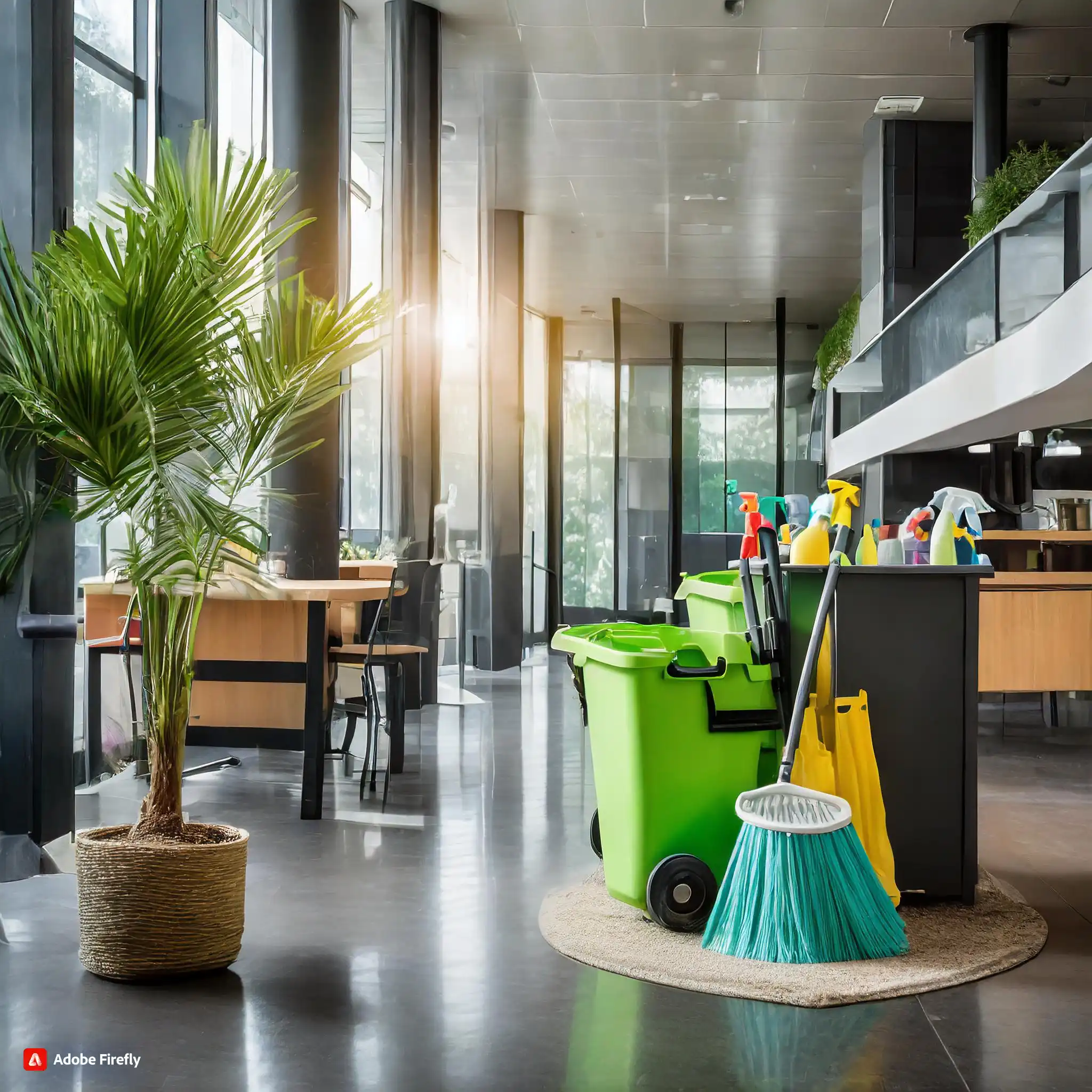Understanding ANSI Z358.1 Standard for Eye Wash Devices: Ensuring Safety Compliance
Eye wash and drench shower equipment play a crucial role in ensuring the safety and well-being of individuals exposed to
hazardous materials and chemicals. The American National Standards Institute (ANSI) Z358.1-2009 standard sets forth
essential guidelines for the performance, use, and maintenance of these emergency devices. Here, we delve into the key
aspects of the ANSI Z358.1 standard to provide a general understanding.
Scope of ANSI Z358.1 Standard
The ANSI Z358.1-2009 standard aims to establish universal minimum requirements for eyewash and drench shower equipment.
This includes devices designed for the treatment of the eyes, face, and body of individuals exposed to hazardous
substances. The standard encompasses various equipment types, such as drench showers, eyewash stations, eye/face wash
units, portable eyewash units, and combination eyewash & drench shower units.
Additionally, the ANSI Z358.1 standard covers personal wash units and drench hoses, serving as supplemental equipment to
emergency eyewash and drench shower units.
The primary emergency eyewash device must provide a continuous flush for a duration of at least 15 minutes. This ensures
an adequate flushing period to effectively treat individuals exposed to hazardous materials. Secondary emergency eyewash
devices are designed to support, not replace, primary units. They offer immediate flushing until the injured person can
reach the primary emergency eyewash device.
Location and Accessibility
The ANSI Z358.1 Standard emphasizes the critical aspect of accessibility. All flushing equipment must be located in
areas accessible within 10 seconds, approximately 55 feet. This is commonly known as the “10-second rule.” Employers
should use a stopwatch from hazardous areas to ensure compliance with this rule. It’s important to note that the
severity of an injury may vary, and injured workers may need additional time to reach the flushing stations.
In the presence of highly corrosive chemicals, additional considerations should be made to install the flushing
equipment even closer to the hazard. Special attention should be given to electrical supply panels, ensuring they are
not within “splashing distance,” particularly in areas with charging stations for battery-operated machinery.
Testing, Training, and Maintenance
Beyond performance requirements, the ANSI Z358.1 standard outlines uniform criteria for testing procedures, employee
training, and the maintenance of flushing equipment. These aspects are crucial for ensuring the ongoing effectiveness of
emergency eyewash and drench shower devices.
Conclusion
Understanding and adhering to the ANSI Z358.1 standard is vital for maintaining a safe working environment and ensuring
compliance with safety regulations. For personalized guidance and solutions tailored to your specific situation, feel
free to contact us. Your safety is our priority, and we’re here to help you navigate the intricacies of
eye wash device compliance.
